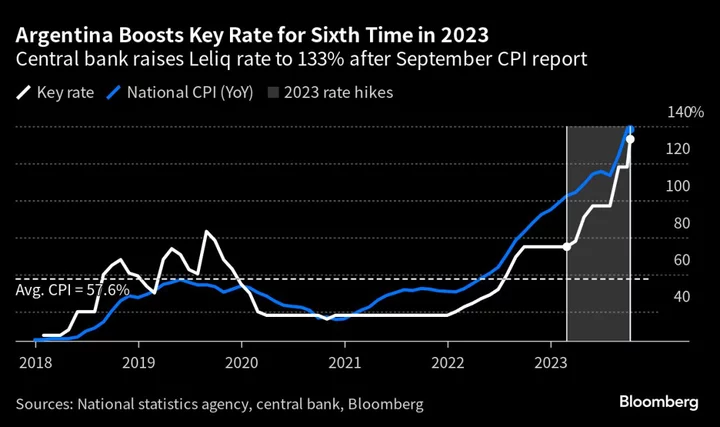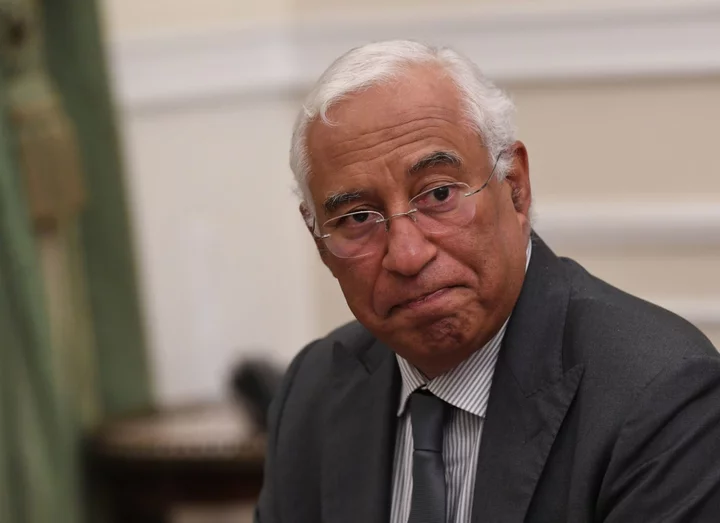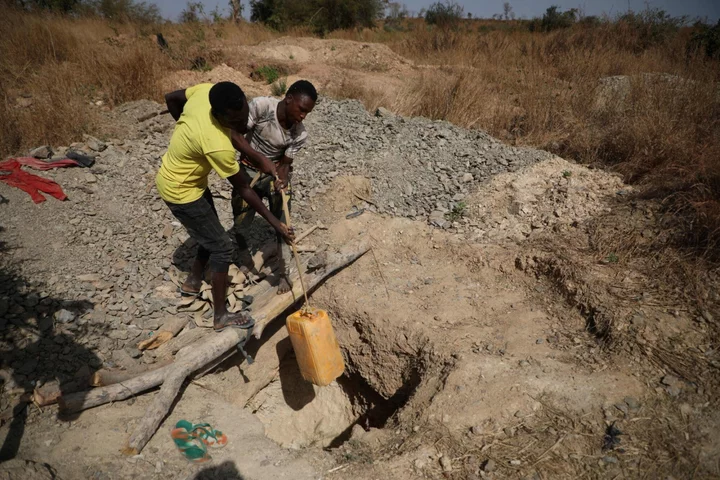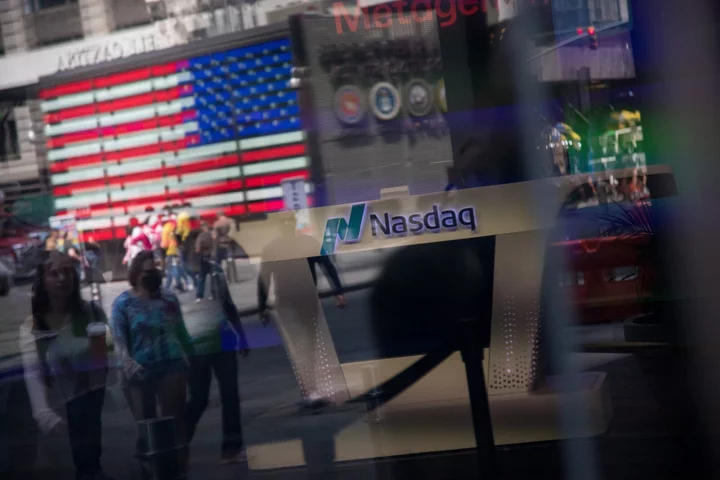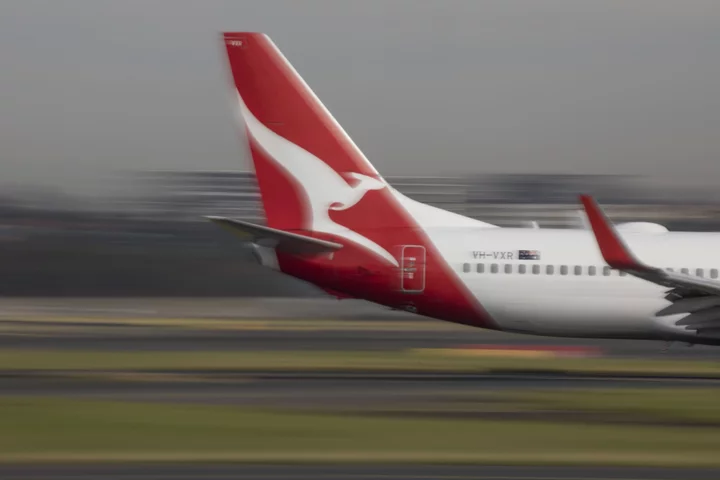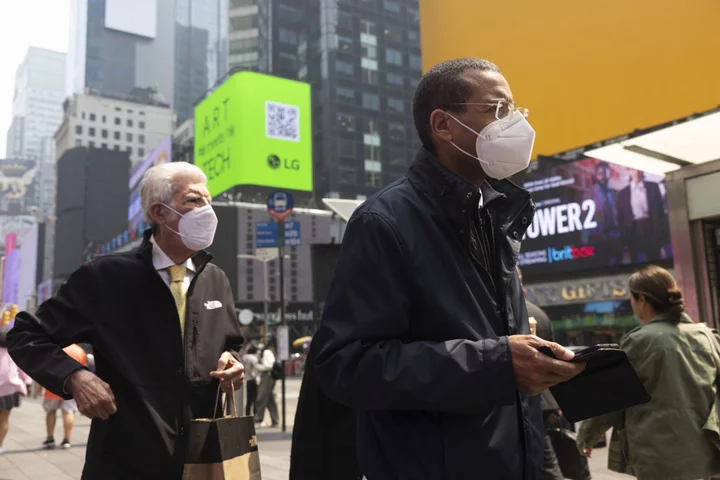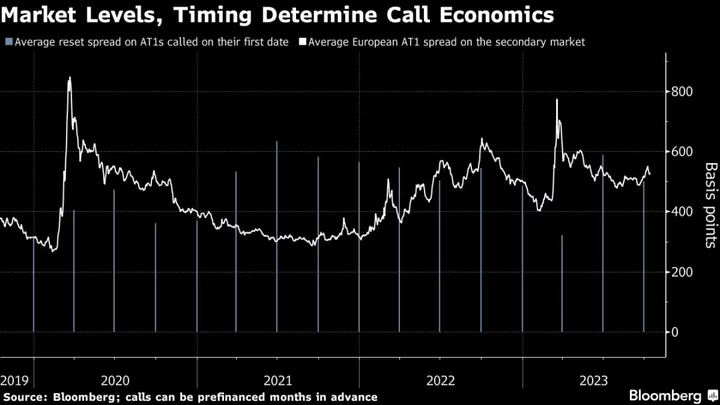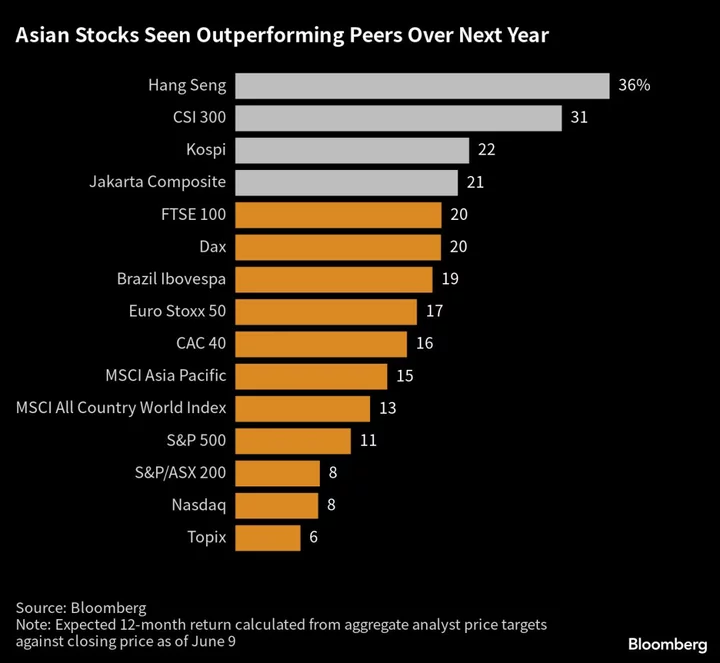Argentina’s central bank sharply raised its key rate Thursday for the sixth time this year in an effort to contain inflation as price gains continue accelerating above 100% before a presidential election.
The monetary authority raised its key rate 15 percentage points to 133%, according to a statement. The move came after September inflation data published Thursday showing prices rose 138.3% from a year ago, the fastest pace since the early 1990s when Argentina was exiting hyperinflation. It also comes after officials hiked rates 21 percentage points in August.
Read More: Argentina’s Black Market Peso Rate Tops 1,000 Per Dollar (1)
The central bank made the decision to move the benchmark rate based on a sharp selloff in Argentina’s black market exchange rate in recent days, according to two officials with direct knowledge. The “dollar blue” rate touched a record low of 1,040 pesos per dollar on Tuesday. As recently as Monday the central bank planned to hold the key rate, according to people with direct knowledge of the deliberations who asked not to be identified.
A central bank spokesperson said the bank does not comment on rate decisions ahead of time nor on policy discussions.
Economists said the rate hike won’t do much to cool inflation because it’s coupled with money printing to finance government spending and still falls below inflation in real terms.
“The government is trying to gain time and, unfortunately, this does not solve anything. The effect will be almost nil,” said Alejo Costa, chief Argentina strategist at Banco Btg Pactual in Buenos Aires.
“This is like breaking both legs and then wanting to put a Band-Aid on it,” said Gabriel Caamano, economist at Buenos Aires-based Consultora Ledesma.
Despite one of the world’s highest monetary policy rates, inflation continues to surge in the country largely lacking credit as the Oct. 22 election unnerves markets and population at large.
Front runner candidate Javier Milei earlier this week encouraged Argentines to stop saving in pesos as he’s promising dollarization — replacing the national currency with US greenbacks. His comments drew sharp criticism from investors, banks and politicians who accused him of exacerbating the selloff.
The Argentine peso has suffered sharp losses in recent weeks, with the black market exchange rate weakening about 20% so far in October. Economy Minister Sergio Massa, who is the incumbent coalition’s presidential candidate, has frozen the official exchange rate at 350 until the election.
(Adds comment from central bank officials and economists in third-sixth paragraphs)
Author: Ignacio Olivera Doll, Carolina Gonzalez and Manuela Tobias

